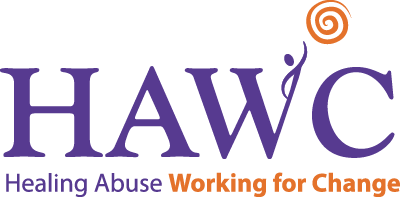Anyone can experience domestic abuse, but the stigma surrounding certain communities can result in some populations being more vulnerable than others.
According to a report by the Williams Institute, a public policy research institute focusing on sexual orientation and gender identity, 30-50% of transgender people have experienced domestic abuse, compared to 28-33% of the general population. In fact, Massacusetts’s first domestic abuse fatality in 2018 was a transgender person named Christa Leigh Steele-Knudslien, Miss Trans New England, who died at the hands of her husband. Why are rates so high among transgender individuals?
“There is an intersection between intimate partner violence and hate violence that we often don’t talk about because we just want to put things in one category,” said Beverly Tillery, executive director of the New York City Anti-Violence Project.
This intersection may occur because abuse centers on one party’s desire to control another—for many trans people, lack of gender conformity allows many additional tactics for this dominance. For example, an abuser may refuse to use a trans person’s preferred pronouns, eroticize their body parts, threaten to “out” them, or tell them that no one else will love them because of their gender identity. Abusers may also hide binders (a devise used to flatten breast tissue to reduce symptoms of gender dysphoria), wigs, or hormones to prevent a trans person from transitioning or presenting as their gender identity, in addition to hiding HIV+ medication or housing and food vouchers.
These tactics can often be based in transphobia, or prejudice against transgender people. For many transgender and nonbinary people, these behaviors will not come as new or shocking, making the issue even worse. In fact, the National Center for Transgender Equality reports that 57% of transgender people experience some rejection by family members. This trauma not only depletes a trans person’s support network; it also contributes to a belief that abuse against trans people is commonplace, convincing many survivors that an abusive relationship is the best they can get.
Trans people have additional barriers to receiving help as well. For one, trans people might not yet be out to their family and friends, and informing them about this abuse may result in rejection and isolation. For another, there are limited resources specifically for trans people experiencing abuse, and some trans people may fear discrimination from domestic abuse organizations and shelters in addition to fearing systematic prejudice within law enforcement.
Still, resources and support do exist! Despite its name, the Violence Against Women Act (VAWA), is both trans-inclusive and protective of men, allowing federal funding to be directed at LGBTQ-related efforts to fight domestic abuse in addition to requiring all domestic abuse service providers receiving VAWA funding to have policies that include and affirm gender identity, gender expression, and sexual orientation.
There are also national nonprofits centered on addressing domestic abuse in the LGBTQ community:
- The NW Network of Bi, Trans, Lesbian, and Gay Survivors of Abuse serves members of the LGBTQ community who have experienced domestic, dating, and sexual abuse.
- The National Center for Transgender Equality has several projects centered on ending discrimination and violence against trans people through education and advocacy.
- The Anti-Violence Project helps members of the LGBTQ+
and HIV-affected communities heal from abuse through counseling and advocacy. Call their hotline 212-714-1141 for more information. - In Our Own Voices serves the needs of LGBTQ people of color.
- The Trevor Project provides LGBTQ people with crisis intervention and suicide prevention services.
Call their hotline 1-866-488-7386 for more information.
HAWC believes that no matter your gender identity, you deserve to be respected and valued. For support, advice, and resources, call HAWC’s 24-Hour Hotline at 1-800-547-1649 any time of the day or week. You can feel confident that the advocate answering the phone will offer you the dignity and respect you deserve.
Reference
- November 2015. “Intimate Partner Violence and Sexual Abuse Among LGBT People: A Review of Existing Research.” The Williams Institute. Retrieved from https://williamsinstitute.law.ucla.edu/wp-content/uploads/Intimate-Partner-Violence-and-Sexual-Abuse-among-LGBT-People.pdf
- 12 January 2018. “Murder of Trans Advocate Highlights the Danger Lurking in Every Home.” Boston Globe. Retrieved from https://www.bostonglobe.com/opinion/2018/01/12/murder-trans-advocate-highlights-danger-lurking-every-home/UsgHM7cPXz3FlgdVIkSXqM/story.html
- “Injustice at Every Turn: A Report of the National Transgender Discrimination Survey.” The Taskforce. Retrieved from http://www.thetaskforce.org/static_html/downloads/reports/reports/ntds_full.pdf


